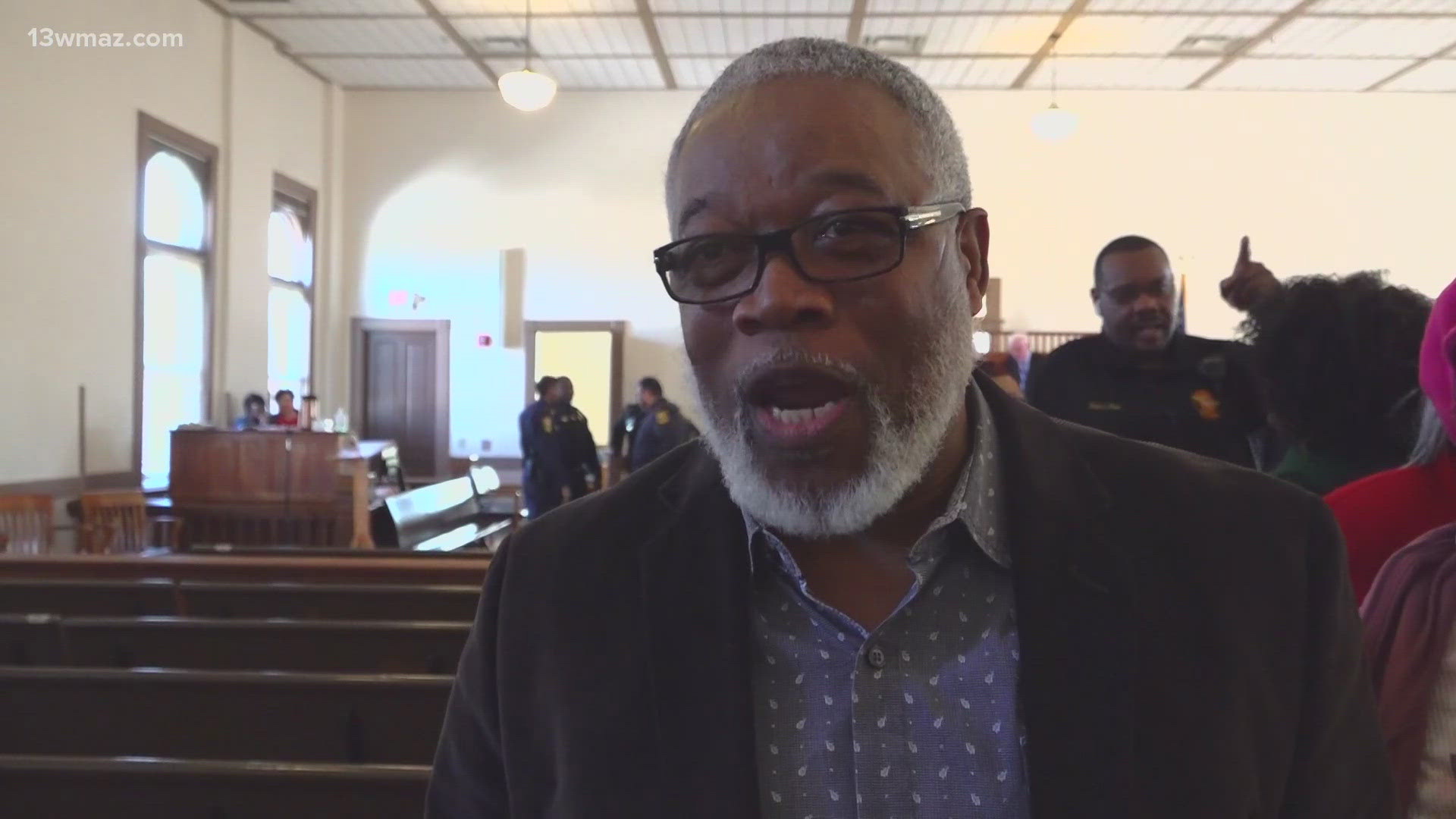![affirmative-action [ID=8002397]](http://moc-assets-prod.gannett-cdn.com/-mm-/3d5569507733ca056af5edaf0a2a8036c559fb13/r=500x375/local/-/media/WMAZ/WMAZ/2014/04/22/1398178478000-affirmative-action.jpg)
WASHINGTON -- The Supreme Court dealt another blow to affirmative action programs Tuesday, upholding the right of states to ban racial preferences in university admissions.
The decision came in a case brought by Michigan, where a voter-approved initiative banning affirmative action had been tied up in court for a decade.
Seven other states -- California, Florida, Washington, Arizona, Nebraska, Oklahoma and New Hampshire – have similar bans. Now, others may follow suit.
But the ruling, which was expected after the 6th Circuit Court of Appeals struck down the Michigan law, did not jeopardize the wide use of racial preferences in many of the 42 states without bans. Such affirmative action programs were upheld, though subjected to increased scrutiny, in the high court's June ruling involving the University of Texas.
The decision in Schuette v. Coalition to Defend Affirmative Action comes 10 years after two seminal Supreme Court rulings out of the University of Michigan. One struck down the undergraduate school's use of a point system that included race to guide admissions. The other upheld the law school's consideration of race among many other factors.
Immediately after the law school ruling, opponents of racial preferences set to work on a state constitutional amendment that said Michigan "shall not discriminate against, or grant preferential treatment to, any individual or group on the basis of race, sex, color, ethnicity, or natural origin." Voters approved it by a 58%-42% margin in November 2006.
A federal district court upheld the initiative, but a sharply divided appeals court ruled that it violated minorities' equal protection rights under the Constitution.
The writing appeared to be on the wall at the Supreme Court based on the influence of Chief Justice John Roberts, an opponent of racial preferences who famously wrote in another case several years ago that "the way to stop discrimination on the basis of race is to stop discriminating on the basis of race."
But in this case, Justice Anthony Kennedy was the man to watch. He wrote the court's 1996 Romer v. Evans opinion striking down a Colorado referendum that banned local governments from enacting gay rights laws. Yet he had been less enthusiastic about the use of racial preferences in several recent cases.
Opponents of the Michigan law called it a form of "political restructuring" that stops minorities from seeking admission to a university the same way an athlete or legacy applicant can. Instead, the argument goes, they had to change the state Constitution.
In striking down the ban, the 6th Circuit cited the Supreme Court's 1969 and 1982 rulings in cases from Akron and Seattle. The high court struck down voter-approved initiatives that had blocked the cities' pro-minority housing and school busing policies.
The debate has practical as well as legal implications. In Michigan and California particularly, the bans have reduced black and Hispanic enrollments at elite universities and at law, medical and professional schools. The percentages of African Americans among entering freshmen at the University of California-Berkeley, UCLA and the University of Michigan were the lowest among the nation's top universities in 2011.
During oral arguments in October, Michigan solicitor general John Bursch disputed the validity of those statistics. He said changes in 2010 that allowed students to check more than one racial box skewed the figures.
While Michigan's argument focused on equal rights for white and minority students, some conservative scholars go further. They say doing away with affirmative action gives minority students a better chance of succeeding at less competitive schools.


